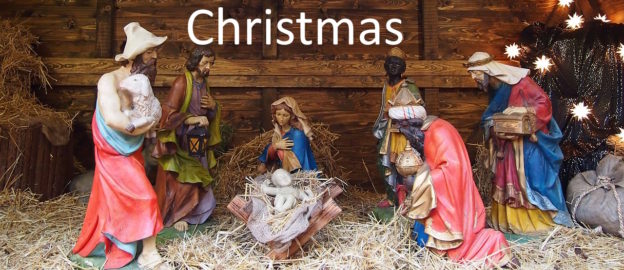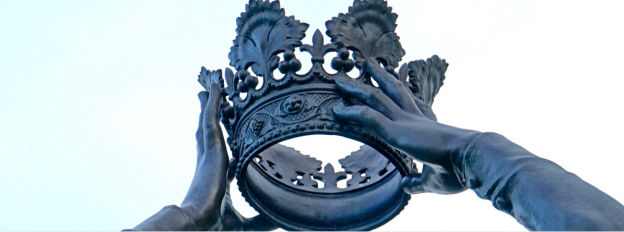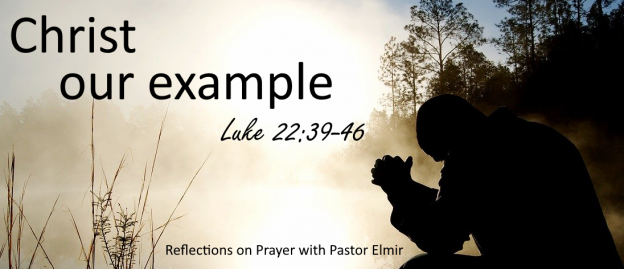There are many memorable photos of the Late Queen’s life. Perhaps one of the most memorable will be the final official photo of the Queen just a couple of days before she passed away, standing in her living room resting on her walking stick. For most of us who lived much of our lives with her reigning, this could be a memorable portrait of one of her last official acts.
In 2 Samuel 23, one of David’s last official acts is also recorded. There, he records a revelation he received from God about the reign of his kingly line. Rather than focusing on his personal achievements, these words look forward to the greater king to come descended from him – Jesus, the Messiah. They encourage us to look forward to God’s fulfilment and consummation of his everlasting covenant to David.
Chapter 22 demonstrated how God had established David’s kingdom, and preserved David from his foes. In Chapter 23, the opening section looks forward to the eternal preservation and expansion of David’s kingdom to something far greater than he ever ruled.
The actual prophecy is preceded by an introduction which makes it clear that this is not David’s wistful thinking or a hallucinated vision after too many sausage rolls or scorched almonds. Rather, this is “The oracle of David, the son of Jesse, the oracle of the man who was raised on high” (v.1). These words are a revelation from God to man, through David, who was given a prophetic word to speak as part of God’s story of salvation.
These words have particular power because of David’s kingship, which he was placed into by God who raised him on high and anointed him, and made him the “sweet psalmist of Israel” (v.1).
The words which David reveals have not been padded or changed via Chinese Whispers, but the very words of God because “The Spirit of the LORD speaks by me; his word is on my tongue” (v.2). What David declared was nothing more than what God, the Rock of Israel had declared to David himself (v.3).
What David saw was the great fulfilment of a just king who ruled truly after God’s own heart, not tainted with sin (as even David’s reign was). “When one rules justly over men, ruling in the fear of God, he dawns on them like the morning light, like the sun shining forth on a cloudless morning, like rain that makes grass to sprout from the earth” (vv.3-4).
The original Hebrew is tersely written and hard to easily translate into English, but this appears to go beyond the hypothetical to talk about a “he who” (as it is translated in the NASB) will fulfil these words.
One day, a righteous king who truly fears God will rule not just over Israel but “over men”, meaning all of God’s People everywhere. His reign will be something to look forward to like the morning light or the rains which cause the grass to grow. A reign which is refreshing and reviving anew, not the humdrum of old.
This is not a forlorn hope but a sure promise to rest on, because of God’s everlasting covenant with David in which David’s house (royal line) rests (v.5). It is “ordered in all things and secure” which God will cause to prosper (v.5).
Sadly, not all will welcome the righteous king’s reign. Some will reject him, as they reject God in preference to their own sinful desires. But they will not stand or prosper.
Instead they will all be “like thorns that are thrown away” because they cannot be held without causing pain (v.6). The man who touches them “arms himself with iron and the shaft of a spear” to deal with them, and “they are utterly consumed with fire” (v.7).
They do not like the new regime, so they will be removed from the regime by judgement and destruction.
The eternal kingdom reign of Christ will involve both restoration and judgement. Just as Christ makes all things new, he will also separate the wheat from the chaff, the sheep from the goats, the redeemed from the unredeemed.
But for those of us who look forward to Christ’s reign, the certainty and the promise are things to embrace not reject. We live in societies where rulers sinfully pursue unrighteousness. They seek power over us, over the Church, even power that belongs to God. They are variously immoral, corrupt, or self-enriching.
How different the reign of the Messiah. Reviving and enriching, not troubling and oppressing. Excluding those who do not follow God’s good laws, not tolerating, enabling, or encouraging. A just reign over all.
This is the promise of God’s everlasting covenant with David. Not just a performance payment for one man, but the promise of salvation and righteous reign for all who believe. Something to look forward to. Something to motivate us toward. Living as subjects of the kingdom already; enjoying the reign and reflecting the reign in greater deeds of justice, revival, and refreshing while we await the final day.








